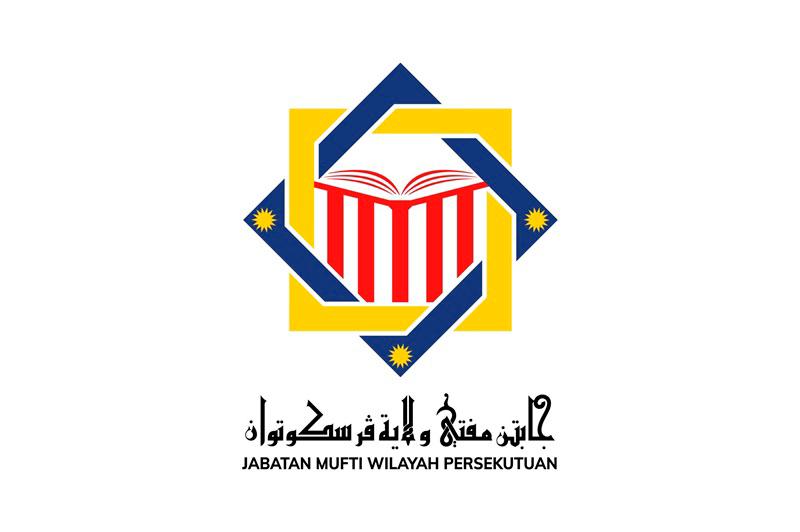KUALA LUMPUR: Muslims should not recite the Qunut Nazilah on fellow Muslims, even in times of conflict, including when there is a political disagreement, according to the Federal Territories Mufti’s Office.
In a statement posted on its Facebook today, it said reciting the Qunut Nazilah as a supplication against Muslims can lead to extreme and harmful actions in religion.
“As such, should there be clashes between Muslims, regardless of the reason, the Qunut Nazilah must not be recited,“ read the post.
The statement was to address questions from the public about whether it is appropriate to recite the Qunut Nazilah against Muslims due to differences of opinion.
The WP Mufti’s office clarified that Qunut Nazilah is traditionally recited on disbelievers and apostates who are in conflict with Muslims, as well as during significant calamities affecting Muslims.
In addition, the FT Mufti’s Office said the Qunut Nazilah can be recited in the context of a holy war, as permitted by Islamic law, such as during the times of the Prophet Muhammad SAW, Abu Bakar al-Siddiq and Umar al-Khattab.
“There is no hadith or scholarly opinion that supports reciting Qunut Nazilah on fellow Muslims,“ it added.
Last Thursday, opposition MPs reportedly recited the Qunut Nazilah after Machang MP Wan Ahmad Fayshal Wan Ahmad Kamal was suspended from attending Dewan Rakyat for six months.
This suspension followed a motion from the Prime Minister’s Department (JPM) after Wan Ahmad Fayshal cited an anonymous letter during a parliamentary debate, which included unverified allegations against civil servants.
Yesterday, Home Minister Datuk Seri Saifuddin Nasution Ismail described the recitation of the Qunut Nazilah by opposition members as an example of extreme political practice and stated that it should not be used as a supplication for the destruction of political rivals among Muslims.









